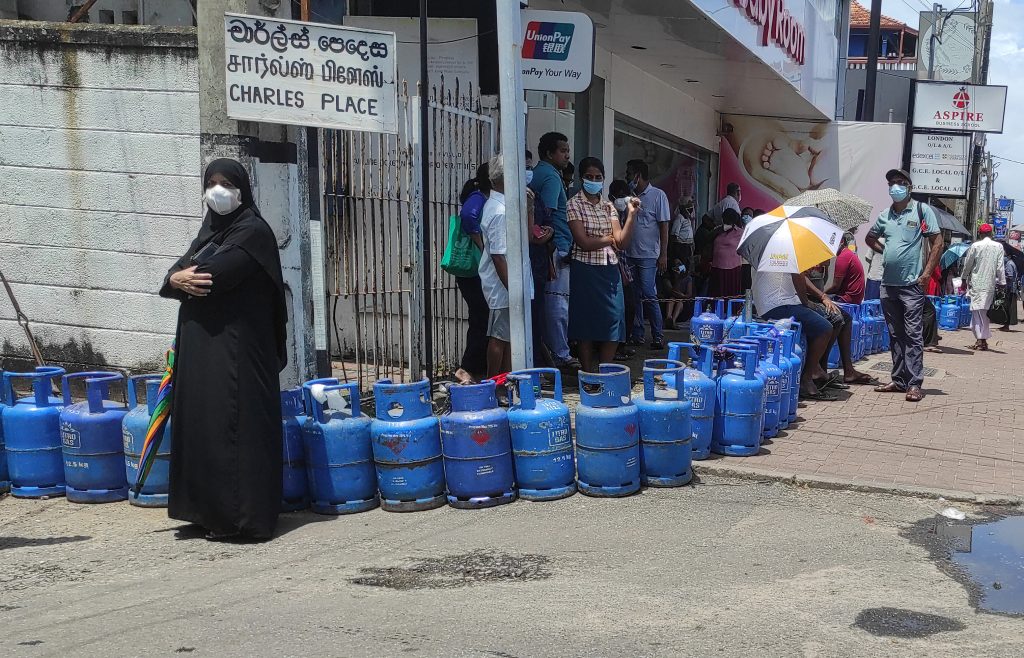

# **Suneel’s Analysis: Effects of IMF Agreement on Vehicle Prices**
The International Monetary Fund (IMF) serves a vital function in economic stabilization by offering monetary support and strategic advice. In nations such as Pakistan, where economic difficulties are prevalent, an IMF agreement can significantly alter multiple industries, including the automotive sector. Suneel Sarfraz Manjh, a prominent automotive analyst in Pakistan, has shared valuable insights regarding the correlation between an IMF deal and vehicle pricing.
## **Grasping the IMF Agreement and Its Economic Repercussions**
An IMF agreement usually entails financial support contingent upon executing economic reforms. Such reforms frequently encompass:
– **Currency Depreciation:** The IMF might mandate the country to adopt market-oriented exchange rates, resulting in a weaker local currency.
– **Rising Interest Rates:** To combat inflation, the central bank might increase interest rates, leading to pricier car financing options.
– **Elevated Taxes and Tariffs:** The government may introduce additional levies on imports, including cars and auto components.
– **Alterations in Fuel Prices:** Reductions or eliminations of fuel subsidies could escalate transportation and manufacturing expenses.
All these aspects contribute to variations in vehicle pricing, subsequently making cars costlier for buyers.
## **Suneel’s Insights on the IMF Deal and Vehicle Pricing**
Suneel Sarfraz Manjh, a respected figure in Pakistan’s automotive landscape, has examined how IMF deals affect vehicle pricing. His primary insights include:
### **1. Currency Depreciation’s Effect on Vehicle Pricing**
Suneel points out that an IMF agreement typically results in currency depreciation. Given that Pakistan relies heavily on imported car parts, a weakened rupee raises production costs. Automakers generally transfer these costs to consumers, leading to heightened vehicle prices.
### **2. Elevated Taxes and Tariffs**
Per IMF stipulations, the government may implement higher import duties and sales taxes. Suneel indicates that these extra expenses directly influence both Completely Built Units (CBUs) and domestically assembled cars, increasing their prices.
### **3. Rising Interest Rates and Vehicle Financing**
Numerous purchasers depend on bank financing to buy cars. Suneel observes that when the IMF agreement results in increased interest rates, car loans become pricier. This discourages consumers and curtails overall vehicle sales.
### **4. Fuel Price Increases and Operational Expenses**
With IMF-driven fuel price alterations, the running costs of vehicles rise. Suneel elaborates that this not only impacts car buyers but also influences the overall demand for cars, notably those with higher fuel consumption.
### **5. Market Volatility and Consumer Attitudes**
Suneel stresses that an IMF agreement induces economic unpredictability. Buyers might postpone their vehicle purchases, expecting further price increases or economic turmoil. This results in diminished demand and challenges automakers’ profitability.
## **Forecast: What Lies Ahead?**
In light of Suneel’s evaluation, the following trends are anticipated in the automotive industry due to the IMF agreement:
– **Ongoing Price Increases:** As long as the rupee remains weak and taxes are elevated, vehicle prices will persist in rising.
– **Transition to Smaller Vehicles:** Consumers may favor smaller, more fuel-efficient cars to mitigate expenses.
– **Decline in Car Sales:** Heightened interest rates and economic uncertainty may contribute to a drop in overall vehicle sales.
– **Surge in Demand for Pre-Owned Vehicles:** As new cars grow less affordable, the market for used vehicles could experience a significant uptick in demand.
## **Conclusion**
Suneel’s analysis offers a comprehensive understanding of how an IMF agreement affects automobile pricing in Pakistan. While the deal aids in economic stabilization, it also poses hurdles for the automotive sector. Consumers need to brace for escalating costs, while manufacturers may need to adapt their strategies to stay competitive. As the economic climate shifts, paying attention to expert perspectives like Suneel’s will be essential for making well-informed choices in the automotive market.






